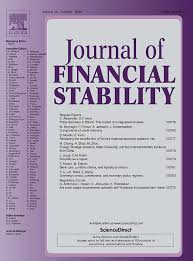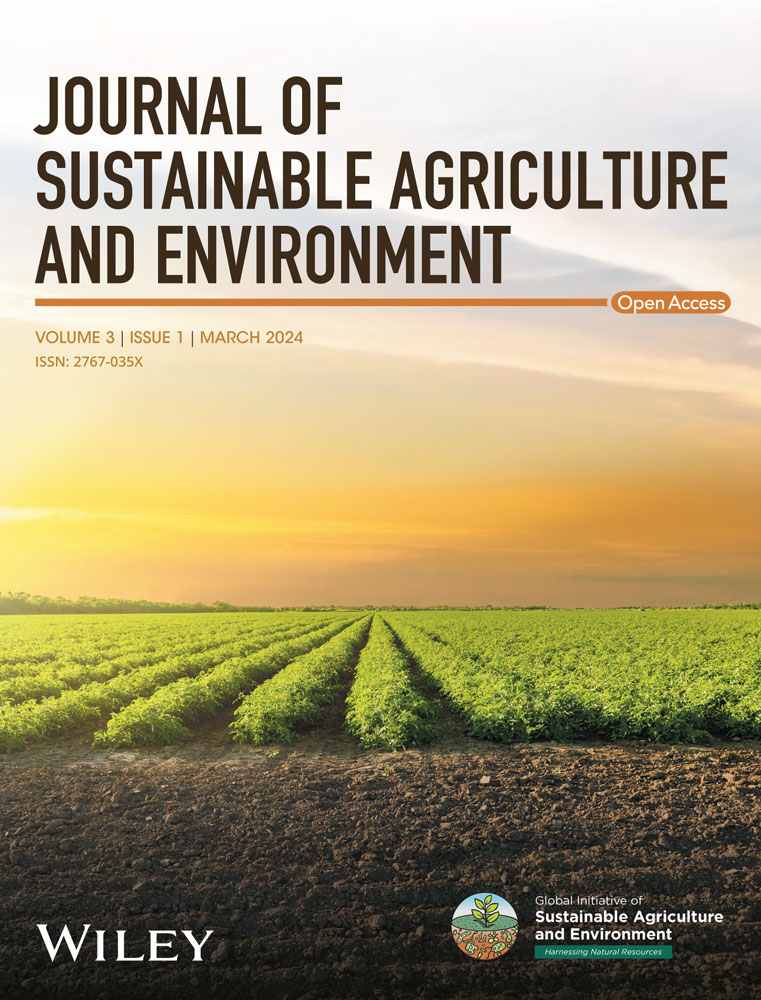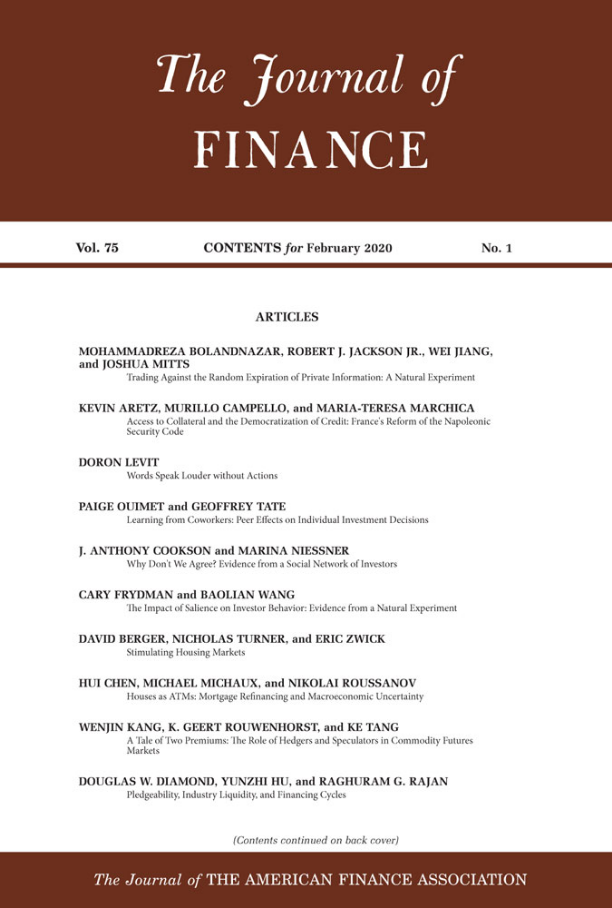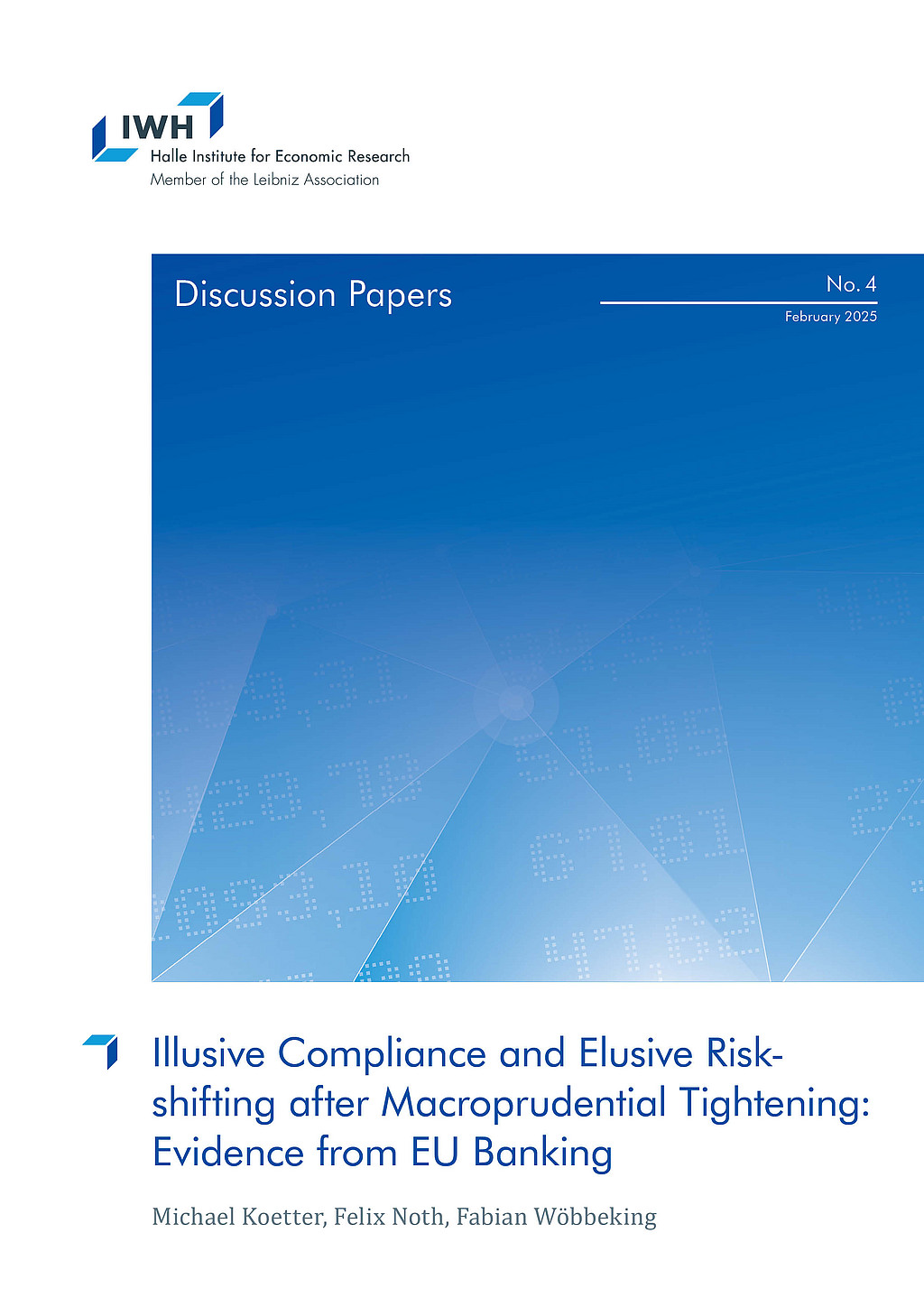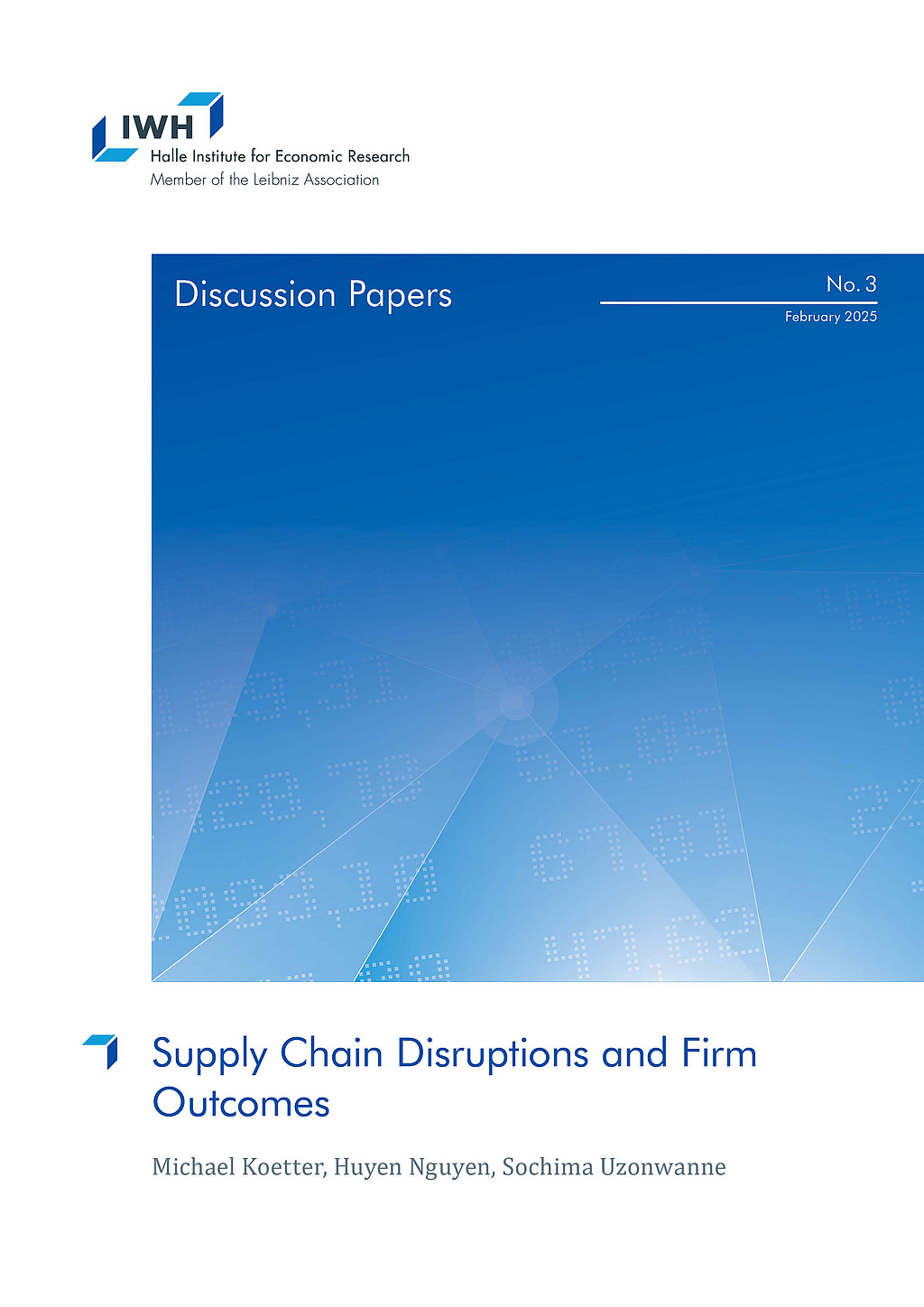Professor Michael Koetter, Ph.D.

Aktuelle Position
seit 10/20
Stellvertretender Präsident
Leibniz-Institut für Wirtschaftsforschung Halle (IWH)
seit 9/16
Leiter der Abteilung Finanzmärkte
Leibniz-Institut für Wirtschaftsforschung Halle (IWH)
seit 9/16
Professor für Financial Economics
Otto-von-Guericke-Universität, Magdeburg
Forschungsschwerpunkte
- Allokation von Unternehmensinvestition und Gesamtwachstum
- Finanzintermediation
- Finanzmarktstabilität und Bankenregulierung
- Risikobereitschaft und Wettbewerb
- reale Auswirkungen auf Geldpolitik und Wirtschaftspolitik
Michael Koetter ist stellvertretender Präsident des Instituts und Leiter der Abteilung Finanzmärkte am IWH. Er ist Professor für Financial Economics an der Otto-von-Guericke-Universität Magdeburg. Die Abteilung richtet die jährliche FIN-FIRE conference on challenges to financial stability aus. Seine Forschung untersucht vornehmlich mithilfe empirischer Methoden die Interaktionen zwischen Finanzinstitutionen und -systemen, Regulation, Politik und der Realwirtschaft.
Michael Koetter promovierte an der Universität Utrecht und studierte International Money and Banking an der Universität Maastricht. Er war Professor an der Frankfurt School of Finance & Management (2012 – 2016) und an der Universität Groningen (2006 – 2012). Zurzeit ist er Mitglied des wissenschaftlichen Beratungsausschusses des Forschungsdaten- und Servicezentrums der Deutschen Bundesbank, Editor bei der Fachzeitschrift Economics of Transition and Institutional Change (ETIC) sowie Associate Editor beim Journal of Financial Stability. Er fungierte regelmäßig als Berater bei Zentralbanken und war Präsident der IBEFA.


